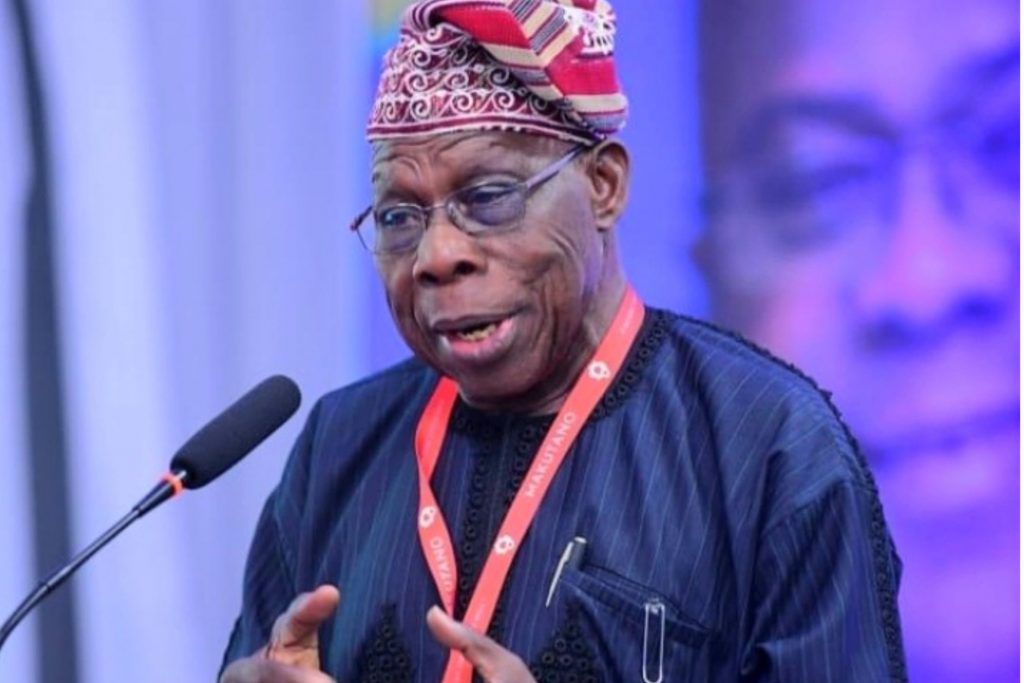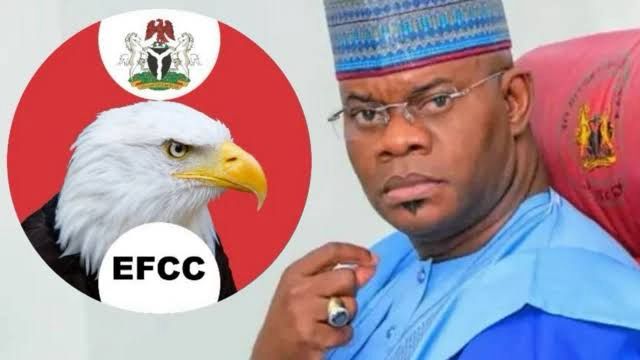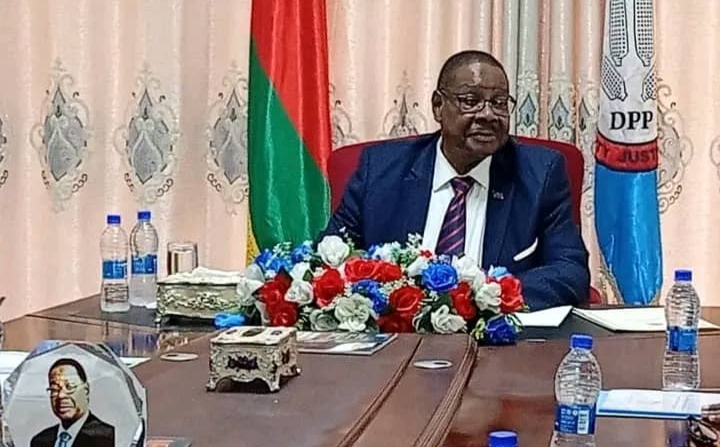
By Onoja Baba, Nigeria
Nigerian Former President Olusegun Obasanjo has accused Nigeria’s political elites of orchestrating a “state capture,” a form of systemic corruption he claims is crippling the nation’s progress.
Speaking in a recorded video address at the Chinua Achebe Leadership Forum held at Yale University in the United States, Obasanjo condemned the pervasive influence of powerful individuals and groups manipulating the country’s policies and resources for personal gain.
In a keynote speech titled “Leadership Failure and State Capture in Nigeria,” the former president called out the unchecked collusion between political elites and private interests, which he said had reduced public institutions to tools for enriching a select few.
“What is happening in Nigeria—right before our eyes—is state capture,” Obasanjo declared, citing the acquisition of national assets at bargain prices and the allocation of resources to favoured groups as stark examples.
Obasanjo’s remarks come at a time of growing public discontent with perceived government inaction against corruption, fueling his scathing assessment of Nigeria’s leadership. He took a swipe at the current administration, characterising it as a continuation of a dysfunctional system he labelled “the reign of Baba-go-slow and Emilokan.”
The latter term, meaning “It’s my turn,” was a pointed reference to President Bola Ahmed Tinubu’s campaign rhetoric, implying a sense of entitlement to power.
The former president warned that state capture is not always visible but is deeply entrenched in the system. “It arises from the subtle alignment of business and political elites, creating a system where decisions no longer serve the public interest but benefit a specific group,” Obasanjo said.
He outlined the dire consequences of such practices, from undermining economic growth to eroding public trust in institutions. “Public institutions, including the legislature, executive, judiciary, and regulatory agencies, are all subject to capture,” Obasanjo lamented, adding that such corruption perpetuates inequality and stifles smaller businesses and vulnerable groups.
He also highlighted how these practices compromise essential sectors such as health, education, and infrastructure, leaving Nigeria’s citizens to bear the brunt of poor governance.
Obasanjo did not stop at criticism; he urged both local and international stakeholders to act decisively against state capture.
“It must be prohibited and prevented through local and international laws,” he said. He called for stringent regulations to curtail the influence of special interest groups and to restore integrity to Nigeria’s public institutions.
Despite the grim diagnosis, Obasanjo held out hope for the nation’s future, stressing that Nigeria’s challenges, while daunting, are not insurmountable. “Things might not look cheerful and bright for Nigeria socio-economically, but that does not foreclose hope of better days and a prosperous nation,” he said.
Obasanjo also reflected on Chinua Achebe’s work, *The Trouble with Nigeria,* which he credited for its incisive analysis of leadership failure as the root cause of the nation’s problems. He praised Achebe as a visionary who had long identified the leadership crisis that continues to plague Nigeria.
The speech, delivered while Obasanjo was in the Democratic Republic of Congo, has sparked debate over whether his pointed critique will galvanise reform or deepen the rift between Nigeria’s leaders and its citizens. For many, however, his remarks serve as a stark reminder of the urgent need to reclaim the state from the grip of elite corruption.
As Obasanjo concluded, “The failing state status of Nigeria is confirmed and glaringly indicated by the level of our pervasive corruption, mediocrity, immorality, and injustice. But yes, there is hope—if only we are willing to confront the truth.”
categories
recent posts





